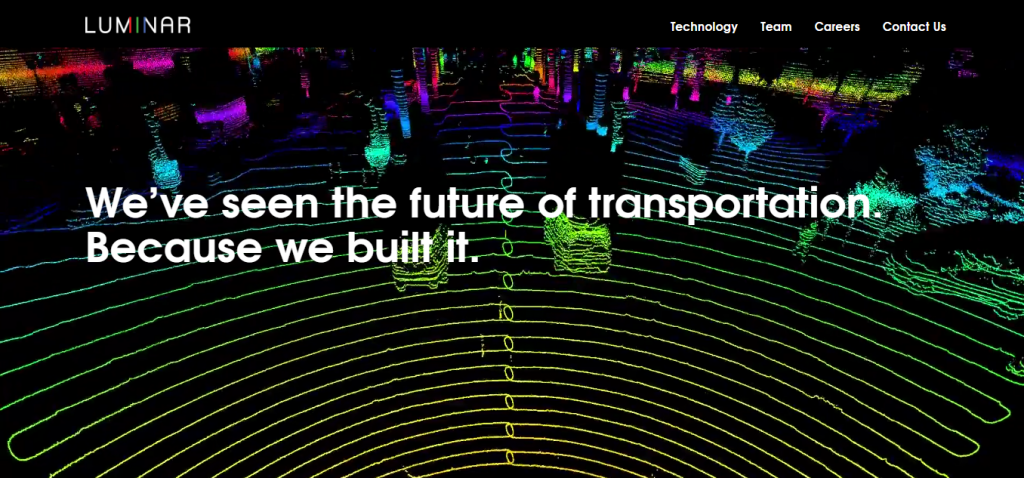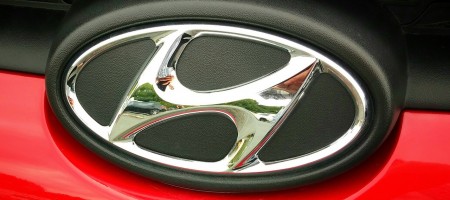Lidar is a key component in the race for autonomous vehicles. That is exactly what the Waymo-Uber lawsuit is pivoted around. And now, a startup claims to have improved upon what is at the centre of this upcoming revolution. Luminar Technologies is the startup in question. It was working under the wraps for almost five years and raised USD 36 million in seed funding from names like Canvas Ventures, GVA Capital and 1517 Fund.

Austin Russell, now 22, co-founded the company to make roads a safer place, at an age when he wasn’t even of legal driving age in many parts of the world. The product is a powerful form of Lidar which, as the startup claims, provides 50 times more resolution and 10 times the range, thus providing more data for the self-driving computers to use.
The initial support for the startup came from Peter Theil in the form of Theil fellowship. Apart from Waymo, which appears to have made significant progress with its driverless vehicles, Luminar also faces competition from Velodyne and Quanergy, companies providing similar solutions for driverless cars. Luminar however claims that because its system can see objects at 200 metres thus giving the system more time to respond even at high speeds.
Some experts however believe that Lumnar is looking at the wrong problem. According to them, increasing the resolution to such a level won’t solve real problems, cutting on the costs will. Right now Luminar plans to manufacture 10,000 lidar units and about 100 of the systems will be tested by four undisclosed companies, both tech and auto, working on self-driving vehicles.



















